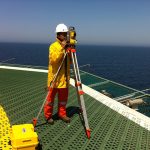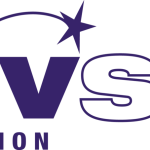Neuchâtel, Switzerland–based SpectraTime, a member of the Orolia group, has received a €2.5-million research contract from the European Space Agency (ESA) to develop critical technologies for future space-qualified active maser, a critical component of the ACES (Atomic Clocks Ensemble in Space) scientific program.
Neuchâtel, Switzerland–based SpectraTime, a member of the Orolia group, has received a €2.5-million research contract from the European Space Agency (ESA) to develop critical technologies for future space-qualified active maser, a critical component of the ACES (Atomic Clocks Ensemble in Space) scientific program.
If successful, the first 18-month period could be followed by a second development contract roughly estimated at several million euros, according to Orolia CEO Jean-Yves Courtois.
The main goals of the ACES program managed by the European Space Agency and the French space agency, Centre National d’Etudes Spatiales (CNES), are to perform accurate tests on Einstein’s theory of general relativity and to open up the way for other applications in universal time scales, global positioning and navigation, and geodesy. This experiment will be housed on board the International Space Station (ISS) as an external payload and is composed of two high-precision clocks: an active maser that SpectraTime will develop and a laser-cooled cesium atomic clock called PHARAO, developed by the CNES.
In addition to the fundamental physics and geodesy experiments, this mission will be a test field for time transfer experiments through the stratosphere and the ionosphere with extremely sophisticated microwave and optic links.
"This new generation of clocks will offer a high-precision space timing reference, opening up the way for new applications such as a new geodesy, Galileo second -eneration satellite system, and fundamental physics tests," says Pascal Rochat, SpectraTime’s CEO.





